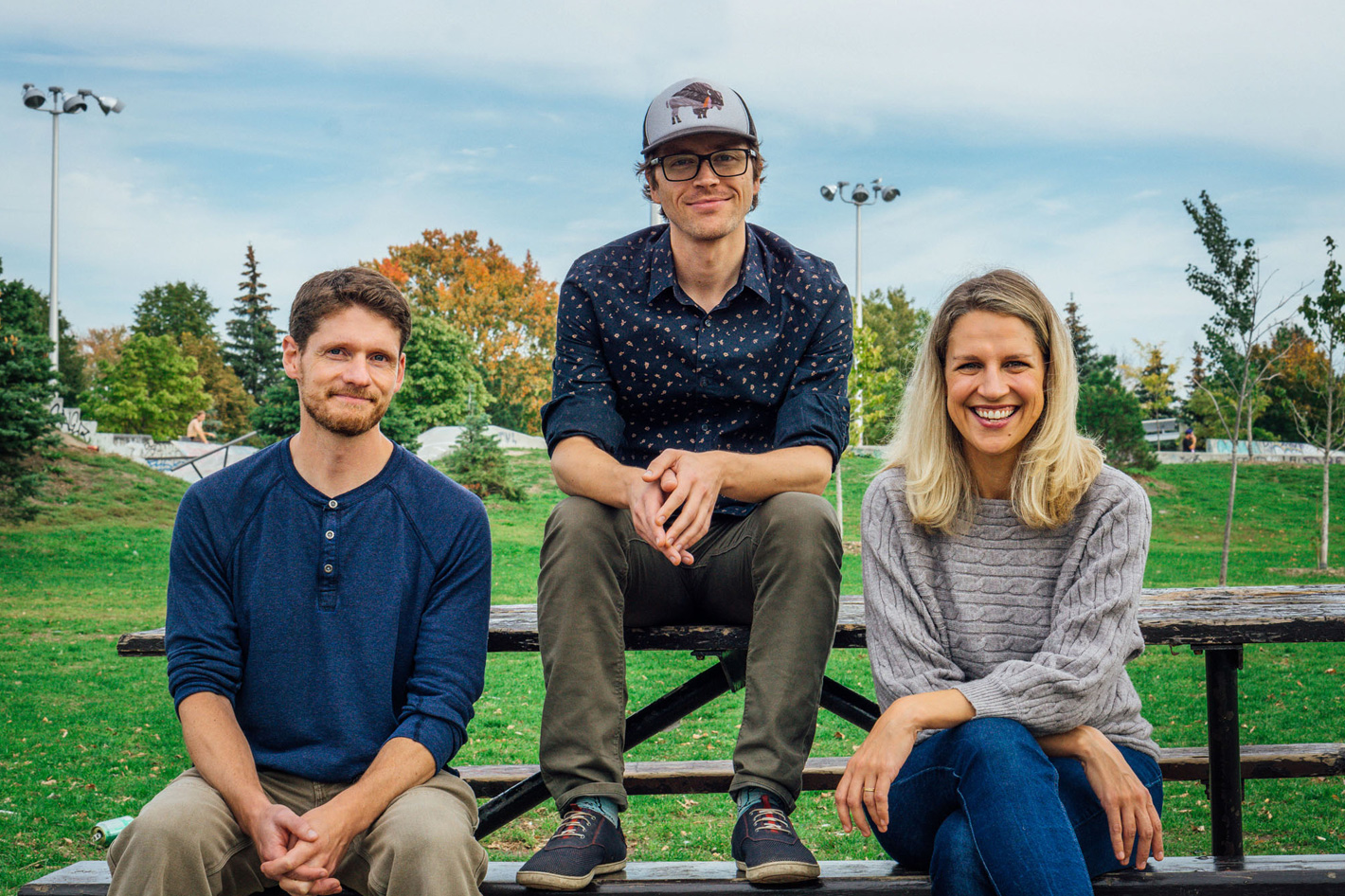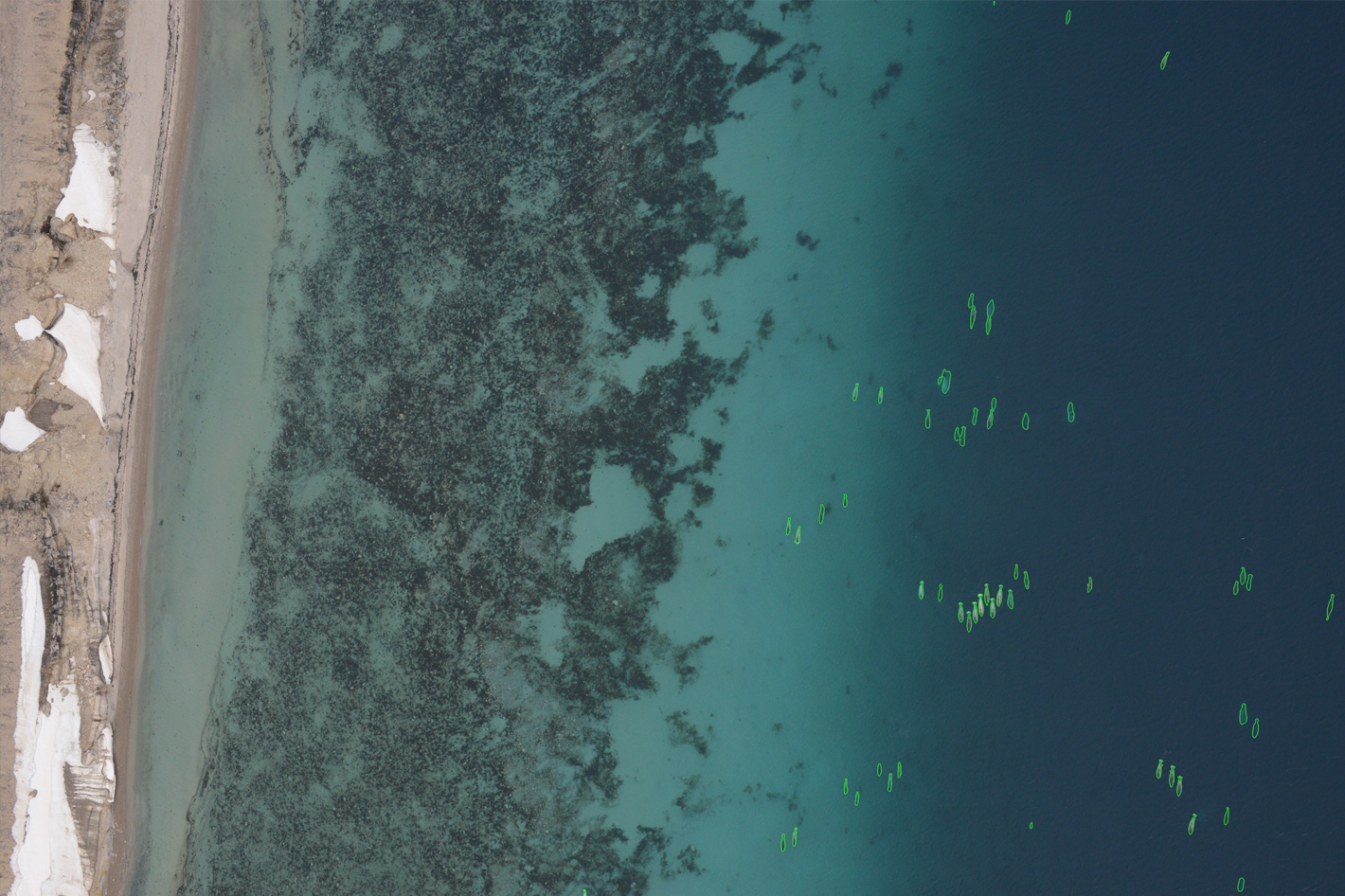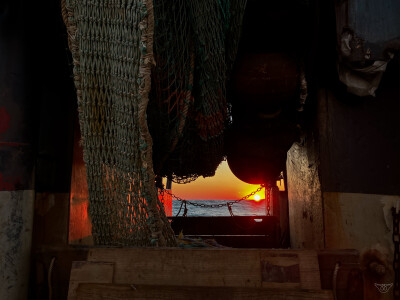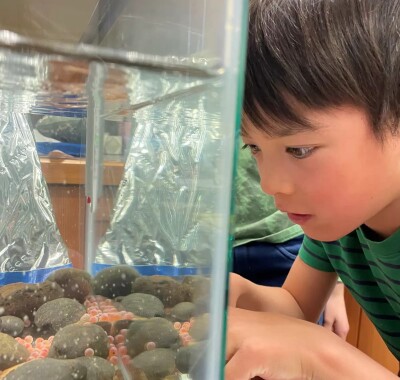Fisheries and Oceans Canada (DFO) hopes that artificial intelligence tools like Whale Seeker’s Möbius used to reduce time and costs related to wildlife survey campaigns may be expanded to use monitoring capabilities in new contexts.
Möbius, Whale Seeker’s proprietary AI tool, has been trained over the past four years with high-quality data sets specifically to identify marine mammals. The tool is the key element in a project that involves analysing 100,000 aerial images of Arctic marine mammals from Fisheries and Oceans Canada (DFO). The federal institution from Canada is responsible for safeguarding the country’s waters and managing Canada's fisheries and oceans resources. DFO supports economic growth in the marine and fisheries sectors, and innovation in areas such as aquaculture and biotechnology.
Whale Seeker has now been awarded a $529,000 contract from Innovative Solutions Canada, as part of the Innovative Solutions Canada’s testing stream for technologies to detect marine species and biodiversity. The project involves, as noted above, analysing 100,000 aerial images of arctic marine mammals from DFO using Whale Seeker’s Möbius.
Whale Seeker is a Canadian company that leverages ethical AI to simplify visual whale monitoring. Founded in 2018 by Emily Charry Tissier, Antoine Gagné-Turcotte and Bertrand Charry, Whale Seeker is bridging the divide between profitability and sustainability by making whale detection fast, accurate, and accessible.
Trained to identify marine mammals, Möbius uses a “human-in-the-loop” approach, which combines the bulk processing power of computer models and feedback from expert marine scientists. Möbius processes aerial survey images substantially faster and more accurate than manual annotation then returns detailed, transparent, and auditable data in standardised form — allowing for meaningful comparisons across survey years and regions.

Möbius was also used for seals
In recent years, aerial surveys have relied on manually analysed aerial photographs to identify animals of interest. This method is time consuming and requires multiple readers to verify counts. With AI tools as Möbius, it becomes easier for DFO, that is responsible for the sustainable management of marine resources, including marine mammals, to estimate the size of different marine mammal populations.
By standardising data analysis and reducing time and costs related to wildlife survey campaigns, DFO hopes to scale up the size and scope of their projects, expand monitoring capabilities to new contexts, and ultimately make decisions based on easier access to high-quality data. Although the name Whale Seeker suggests Möbius is designed to identify whales, when the company was approached, recently, about monitoring seals from aerial images using machine learning, they accepted the challenge.
In one article written by Antoine Gagné and published on the company’s website, one discovers that the team already has the pipelines built for other species, all they needed was a dataset to get started building a preliminary model, and that was found on the NOAA Arctic Seals 2019 dataset containing 40,000 images with over 14000 annotated seals. For now, though, Möbius is surveying whales using DFO's data.
“We are thrilled to have this opportunity with DFO to scale Möbius and use ethical AI for managing Canada's marine mammals.” said Emily Charry Tissier, CEO & Cofounder of Whale Seeker. “Our collaboration will add value to existing monitoring programs and help managers make better science-based decisions with access to fast, high-quality data.” she added.
This contract will enable Whale Seeker to further fine-tune Möbius, and scale up the tool to provide value added to its clients. The project kicked off on November 3, 2022 and will continue until March 31, 2023.
“Fisheries and Oceans Canada is pleased to partner with Innovation, Science and Economic Development Canada and Whale Seeker through the Innovative Solutions Canada program. As the testing department, our scientists worked closely with Whale Seeker to apply their technology to improve the delivery of science advice for Arctic marine mammal stocks." said Joyce Murray, Minister of Fisheries, Oceans and the Canadian Coast Guard.







